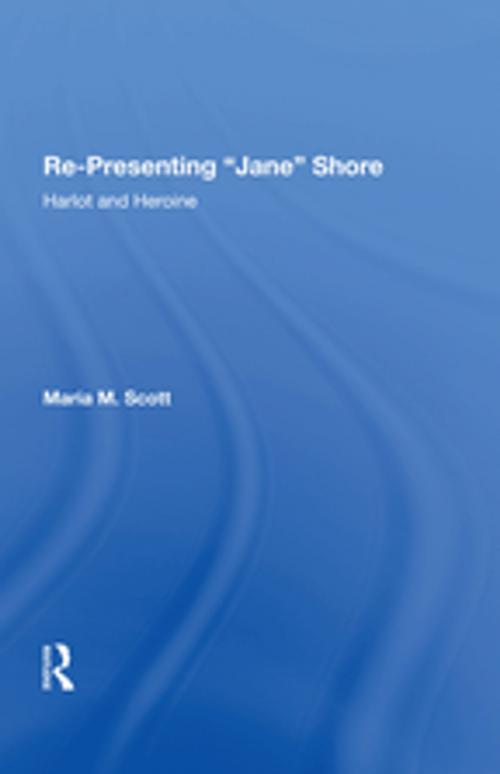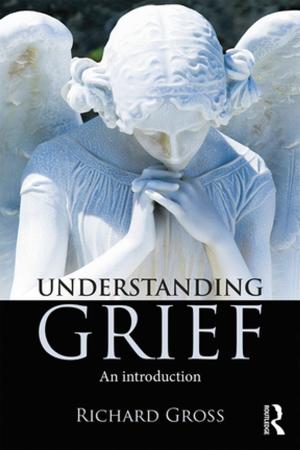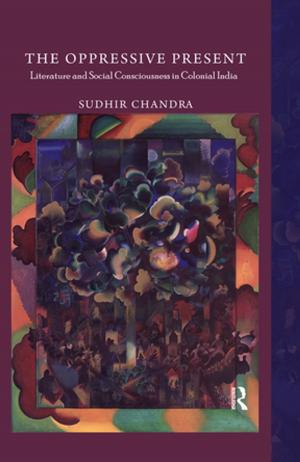| Author: | Maria M. Scott | ISBN: | 9781351150187 |
| Publisher: | Taylor and Francis | Publication: | January 18, 2018 |
| Imprint: | Routledge | Language: | English |
| Author: | Maria M. Scott |
| ISBN: | 9781351150187 |
| Publisher: | Taylor and Francis |
| Publication: | January 18, 2018 |
| Imprint: | Routledge |
| Language: | English |
Re-Presenting 'Jane' Shore analyzes the representation of the mistress of Edward IV of England, known to us as 'Jane' Shore (c. 1445-c. 1527). The daughter of a well-to-do merchant, she left her merchant husband to become the king's concubine. After Edward's death, his brother, later Richard III, charged her with witchcraft and harlotry, prompting Thomas More to include her in his exposition of Richard's perfidies in The History of Richard III. Since then, Jane Shore has been a frequent subject of, among others, poets (Thomas Churchyard and Thomas Deloney), playwrights (Shakespeare and Nicholas Rowe), and novelists (Guy Padget and Jean Plaidy). Scott examines the anxiety in Anglo-American culture generated when sex and politics intersect, using the case of 'Jane' Shore to show how history is compromised and complicated by context. In doing so, she reveals how women continue to be deployed as symbols rather than as actors on the larger stage of the drama that is politics.
Re-Presenting 'Jane' Shore analyzes the representation of the mistress of Edward IV of England, known to us as 'Jane' Shore (c. 1445-c. 1527). The daughter of a well-to-do merchant, she left her merchant husband to become the king's concubine. After Edward's death, his brother, later Richard III, charged her with witchcraft and harlotry, prompting Thomas More to include her in his exposition of Richard's perfidies in The History of Richard III. Since then, Jane Shore has been a frequent subject of, among others, poets (Thomas Churchyard and Thomas Deloney), playwrights (Shakespeare and Nicholas Rowe), and novelists (Guy Padget and Jean Plaidy). Scott examines the anxiety in Anglo-American culture generated when sex and politics intersect, using the case of 'Jane' Shore to show how history is compromised and complicated by context. In doing so, she reveals how women continue to be deployed as symbols rather than as actors on the larger stage of the drama that is politics.















